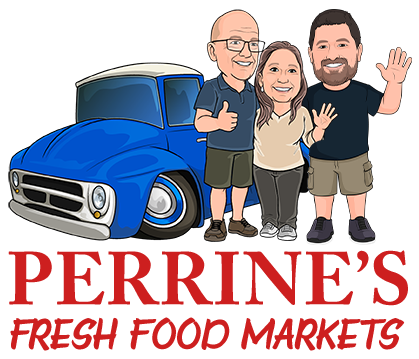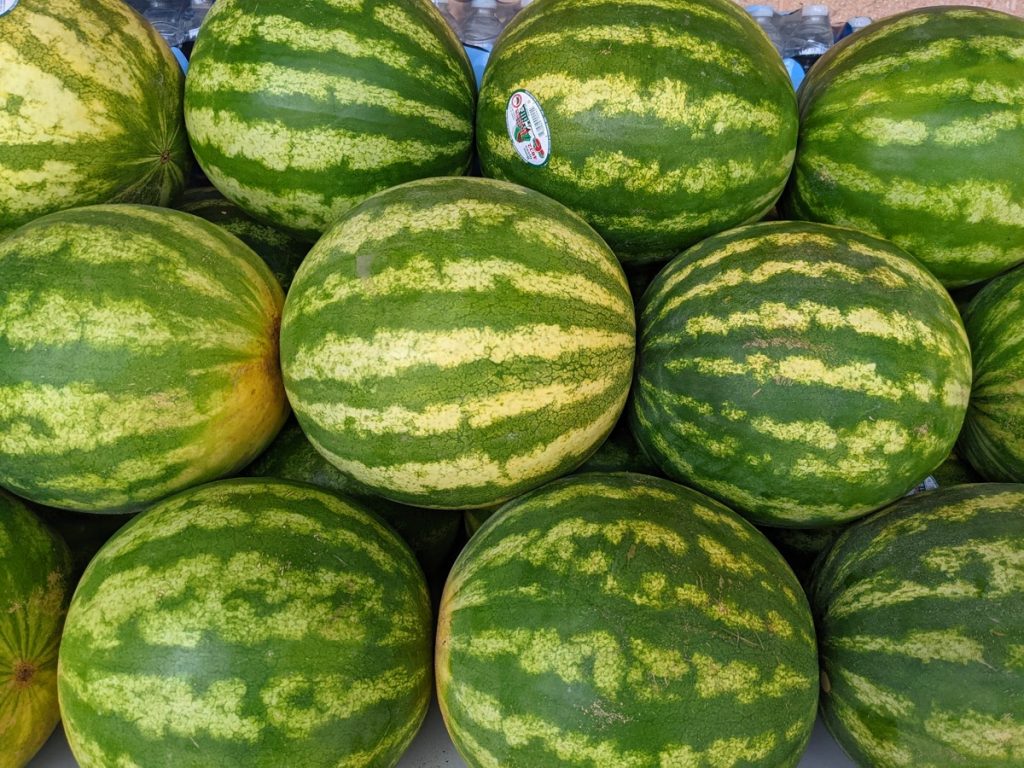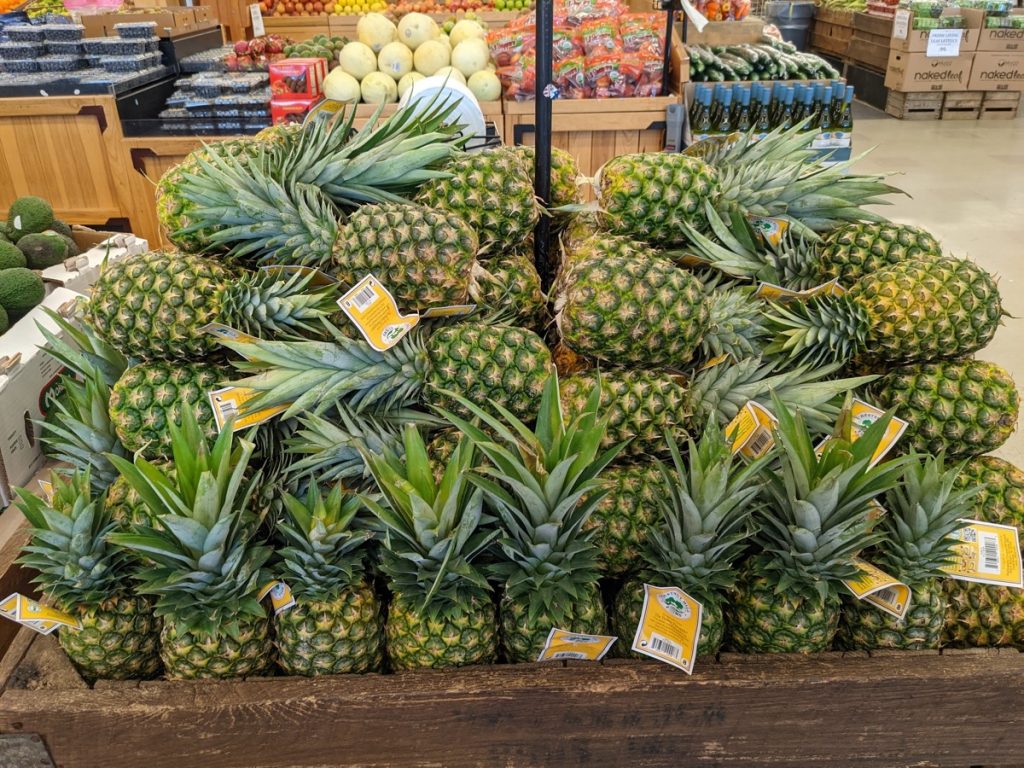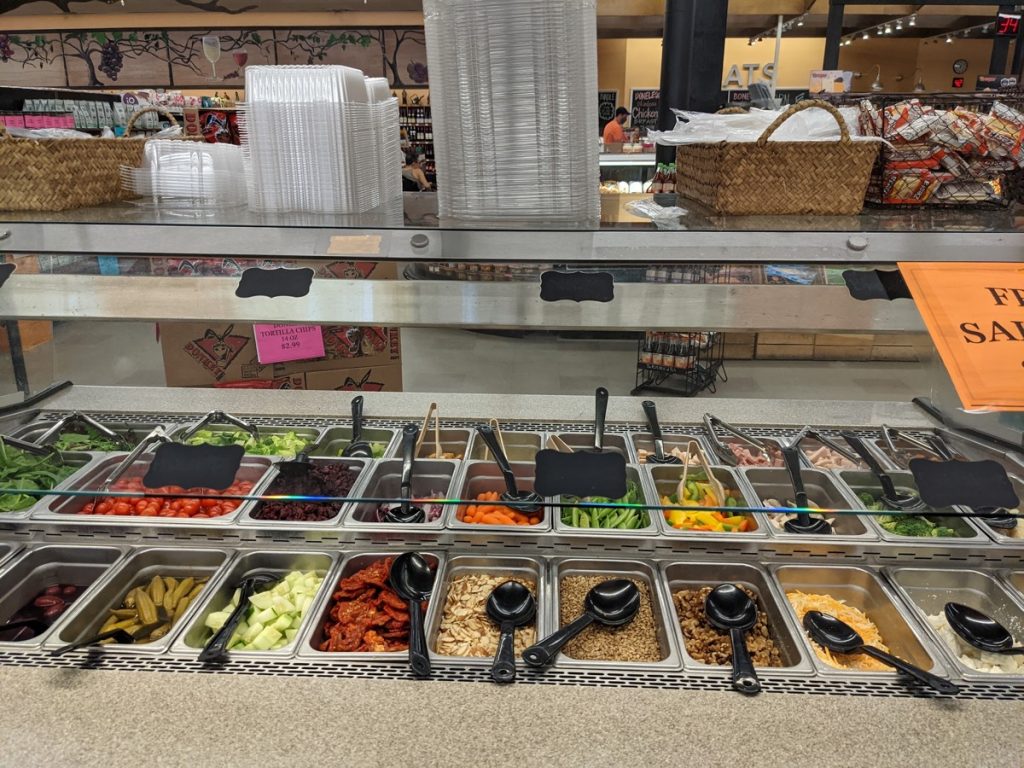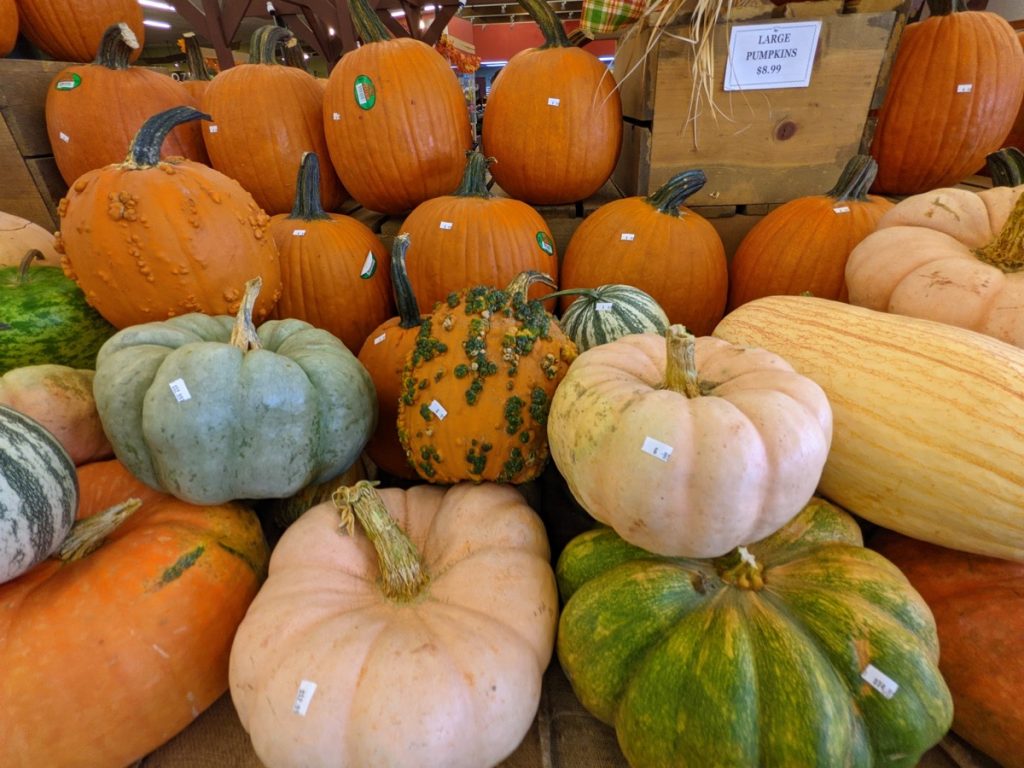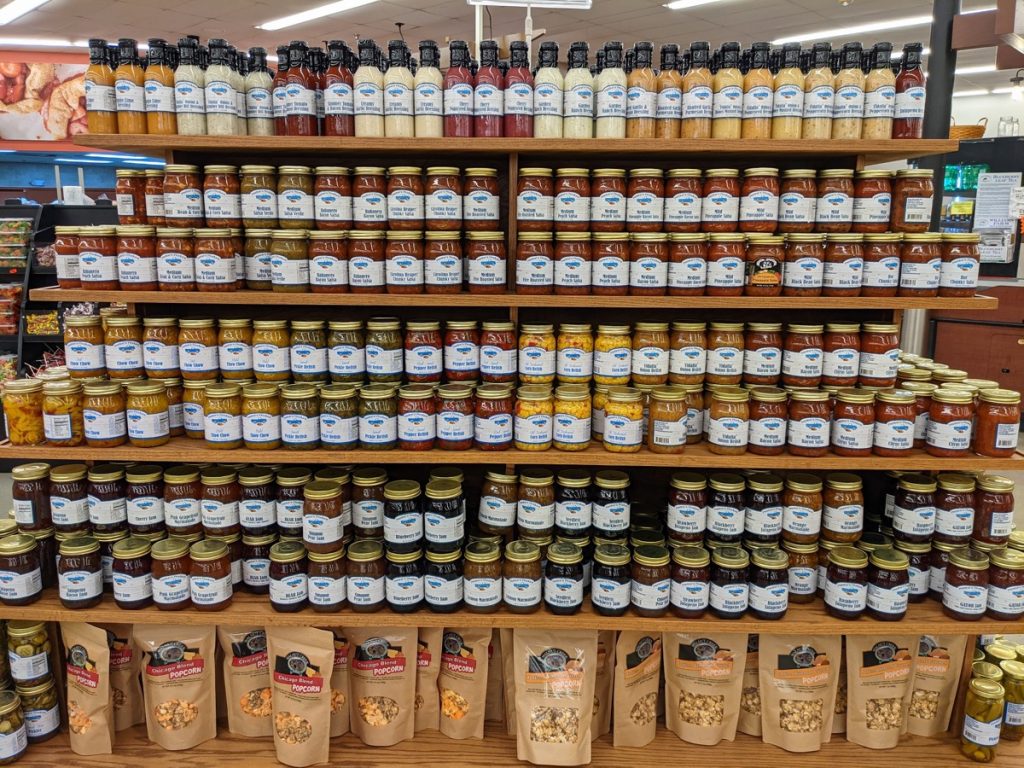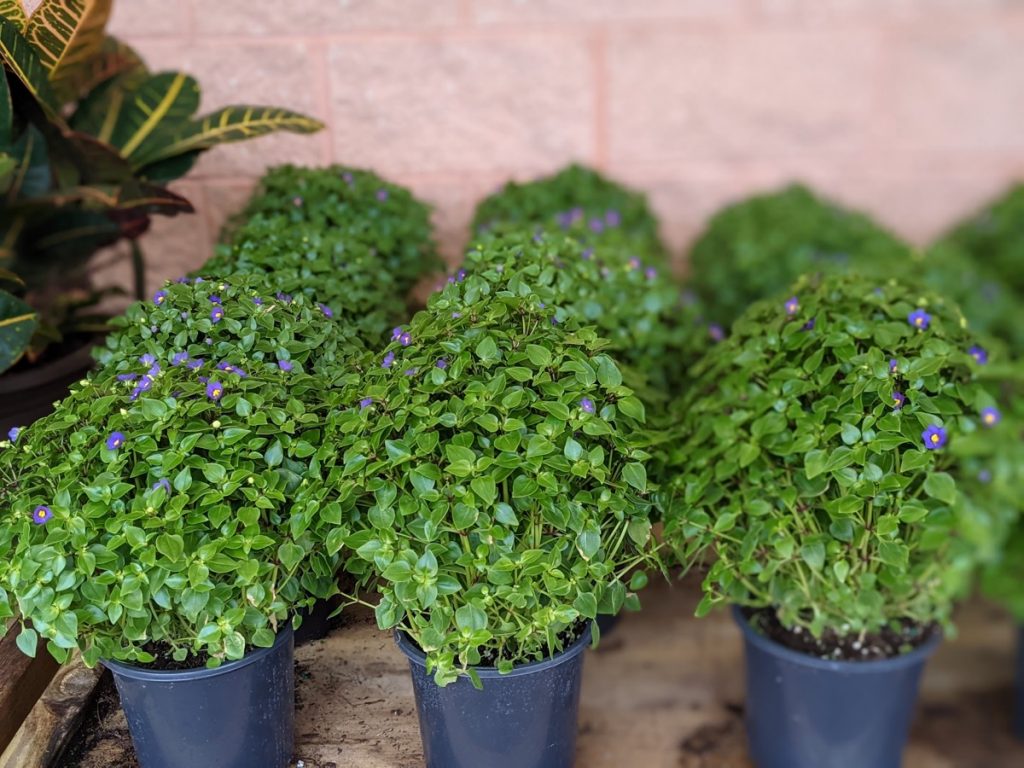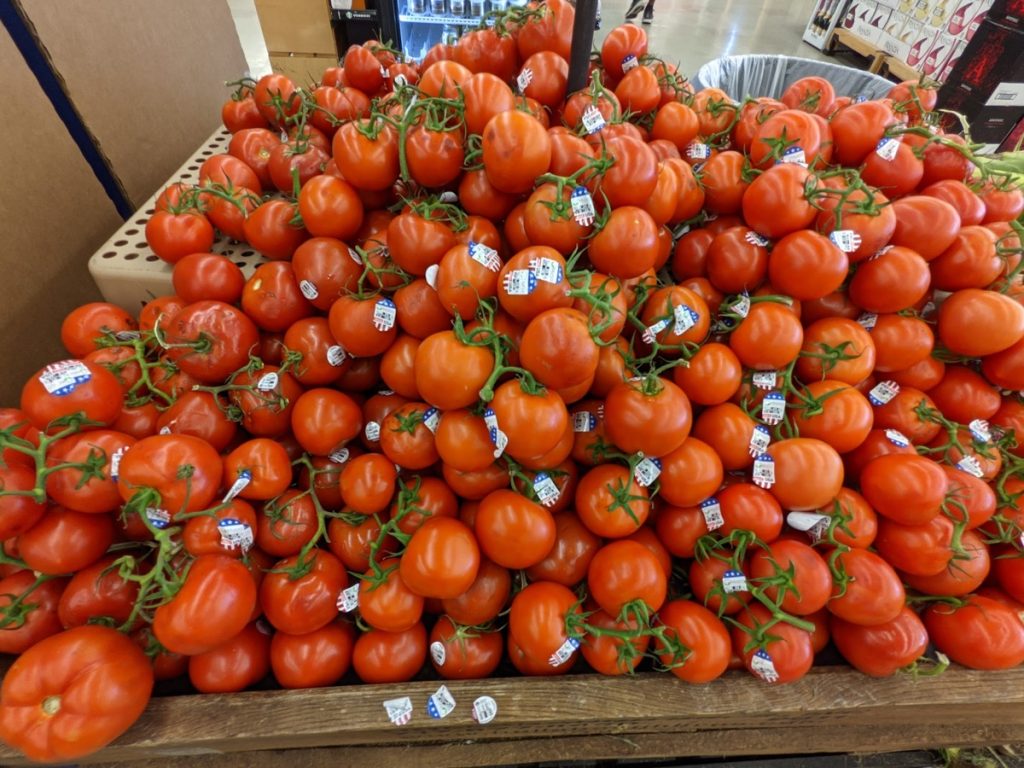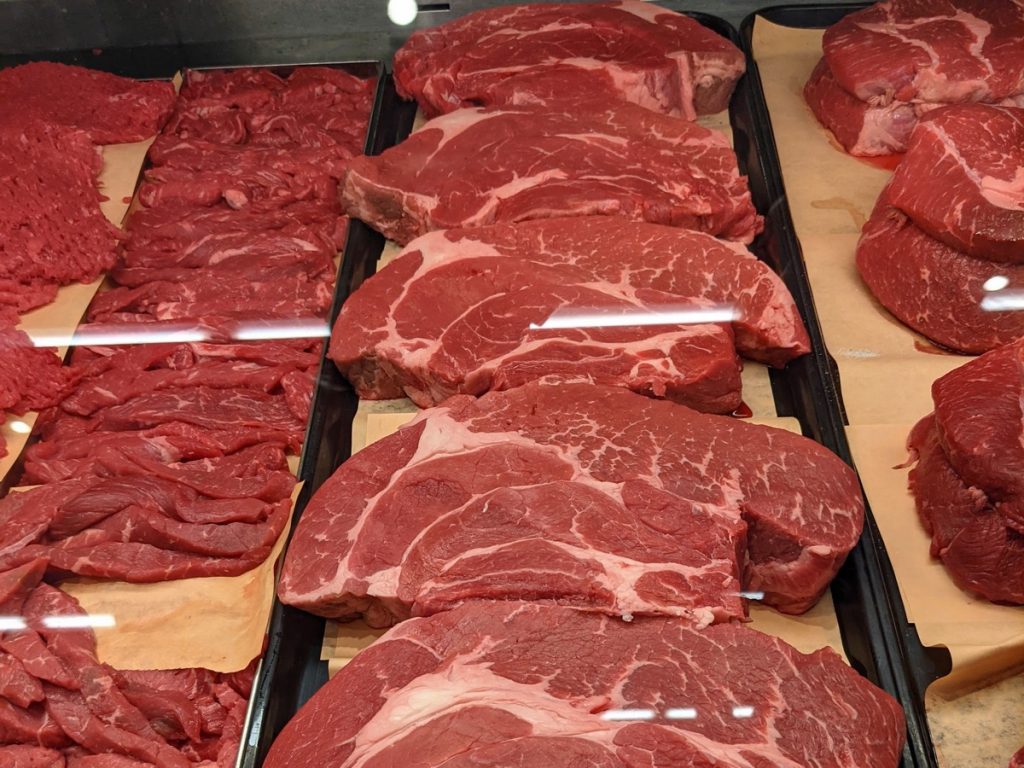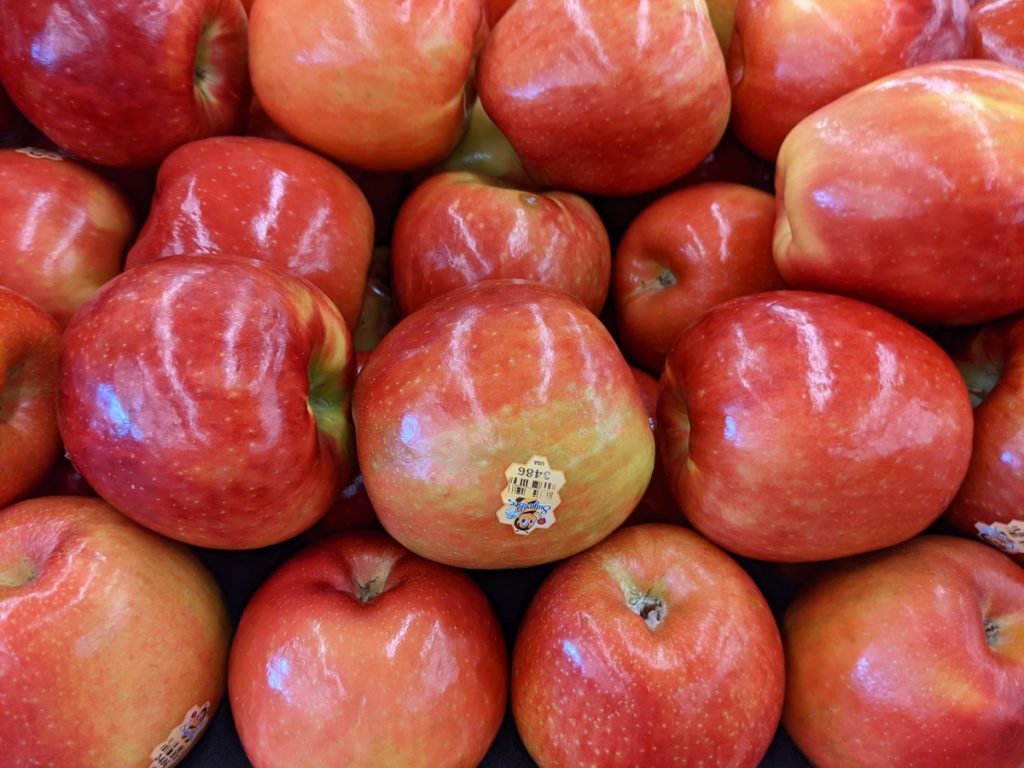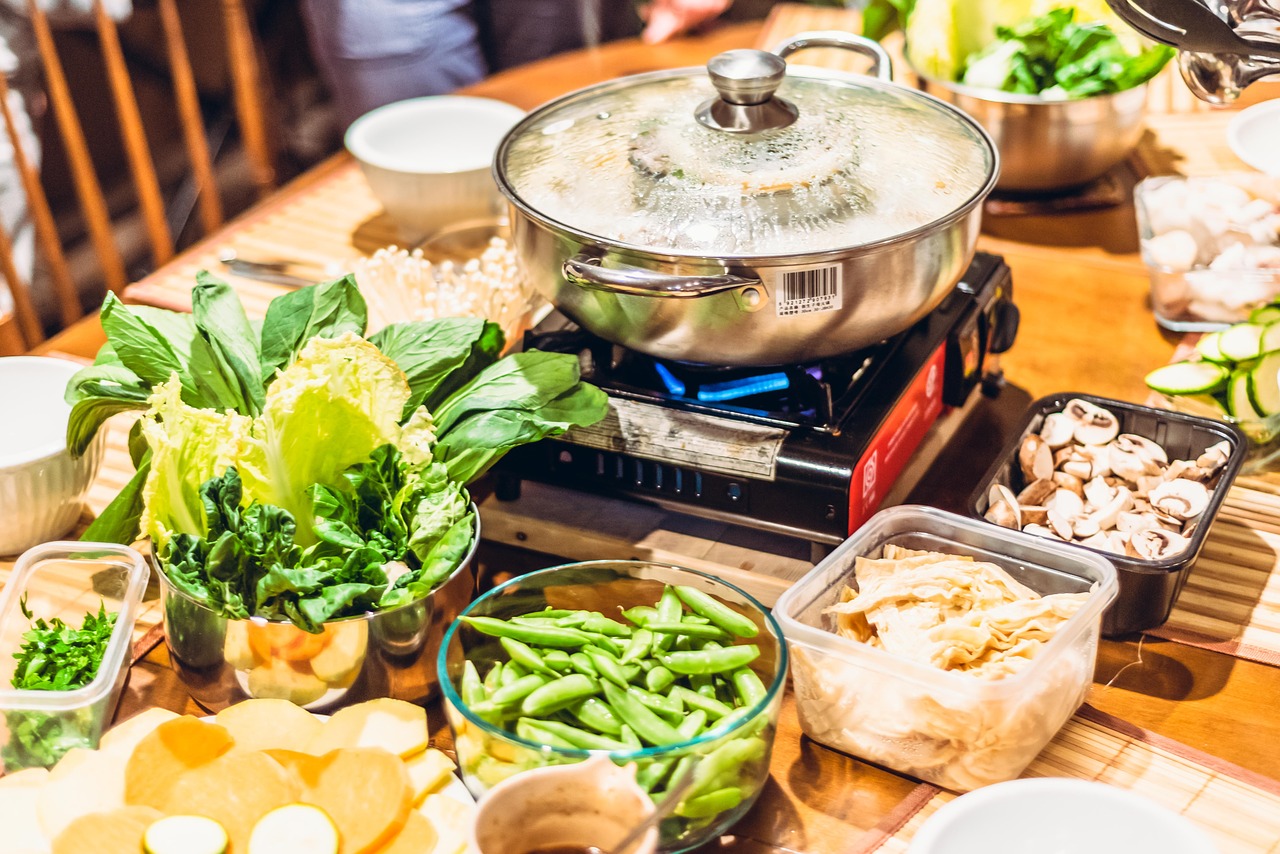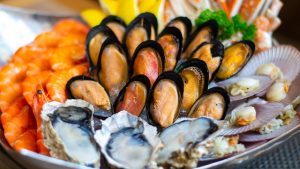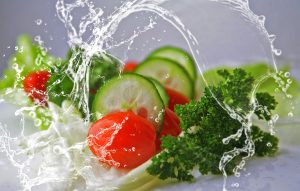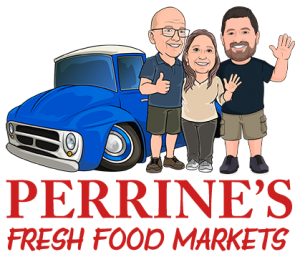We know we can get food poisoning from raw or undercooked meat or vegetables, but did you know that overcooking meats and vegetables is not a good thing either? Research indicates that we lose beneficial nutrients when we overcook certain foods, so don’t get burnt by overcooking your meats and vegetables!
Let’s break it down beginning with veggies. Overdone vegetables can lose flavor and become nutritionally lacking and charring foods on the grill or in the broiler can produce dangerous carcinogens, increasing our risks for certain cancers and more. So what is the healthiest way to prepare our veggies? Raw is not always best. The process of cooking actually breaks down the outer layers of vegetables, making it easier for our bodies to absorb their vitamins and minerals. Roasting in the oven is healthier than charring on the grill or in the broiler, but not the healthiest. When we boil vegetables, nutrients can be washed away with all that water. Sauteing with a little extra virgin olive oil can maximize flavor while increasing absorption properties. However, steaming vegetables – which keeps cooking time and temperature to a minimum – wins the pot!
How you cook meat is also essential to preserving nutrients. Cooking meat breaks it down, making it easier to digest and absorb its nutrients. However, long cooking times and high cooking temperatures are also a no-no here. Roasting and baking are dry heat cooking methods which result in minimal nutrition loss. Moist heat cooking methods like stewing, simmering and slow cooking tend to require lengthy cooking times in liquids, leading to loss of nutrients. If you do that, you’re really cooked! Poaching and pressure cooking are faster moist heat cooking methods. Deep frying can lock in nutrients, but increase the risk of heart disease. Pan and stir-frying are better because, although they use high heat, cooking times are short. Now, you’re cooking!
